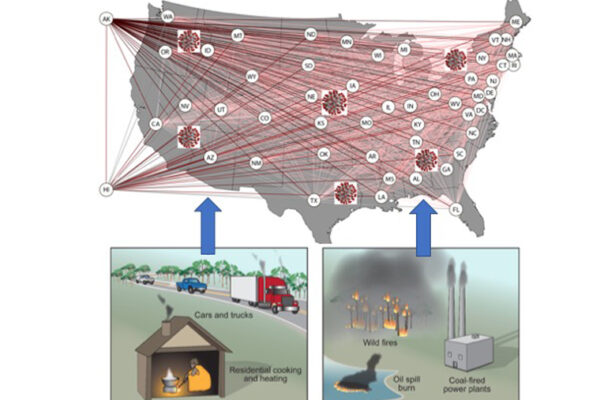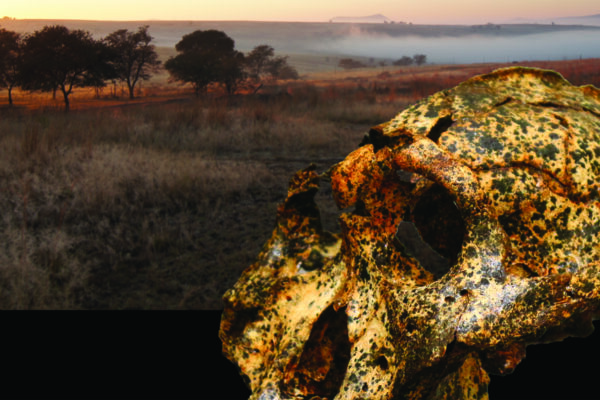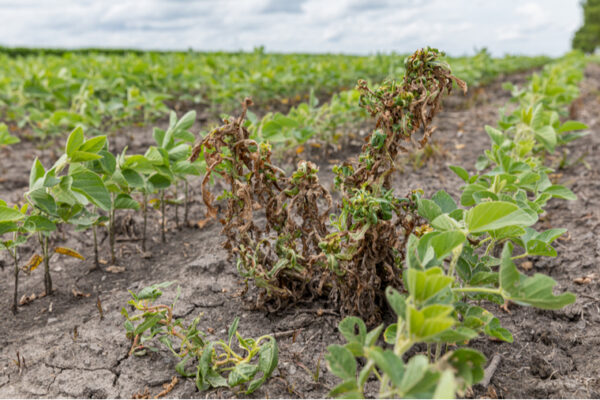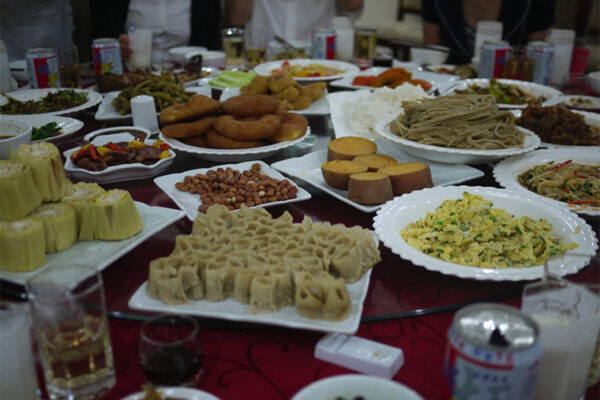Bryan Hall recognized with 2020 Merit Award in Architecture
The American Institute of Architects St. Louis recognized Washington University in St. Louis’ Bryan Hall with a 2020 Merit Award in Architecture. Bryan Hall had at one time housed office and lab space for the McKelvey School of Engineering. It was transformed into additional research space for the Department of Chemistry in Arts & Sciences.
Solving for nuclear structure in light nuclei
Saori Pastore, assistant professor of physics in Arts & Sciences at Washington University in St. Louis, helps explain what happens in nuclei when they decay, scatter among each other or come into contact with subatomic particles. Her recent paper, “Weak Transitions in Light Nuclei,” published in Frontiers in Physics, contributes to a body of increasingly accurate, descriptive calculations of nuclear structure and reactions.
Quantum tunneling pushes the limits of self-powered sensors
Using quantum tunneling, the lab of Shantanu Chakrabartty, at the McKelvey School of Engineering at Washington University in St. Louis, has developed self-powered sensors that can run for more than a year.
Pollution and pandemics: A dangerous mix
Research from the lab of Rajan Chakrabarty in the McKelvey School of Engineering at Washington University in St. Louis has found a close relationship between certain pollutants and the spread of COVID-19 through the United States.
Sustainable sanitation
Alumnus Ani Vallabhaneni is co-founder of Sanergy, an organization employing systems-based solutions to solve urban sanitation challenges — and transforming lives in the process.
How a human cousin adapted to a changing climate
A fossil discovery in South Africa suggests that P. robustus evolved rapidly during a turbulent period of local climate change about 2 million years ago, resulting in anatomical changes that previously were attributed to sex. An international research team including anthropologists at Washington University in St. Louis reported their discovery in Nature Ecology & Evolution on Nov. 9.
Hydrogen bonds may be key to airborne dicamba
Research from the lab of Kimberly Parker in the McKelvey School of Engineering at Washington University in St. Louis has discovered the mechanism that keeps formulations of the herbicide dicamba from going airborne. And they consider why it sometimes fails.
Local cooking preferences drove acceptance of new crop staples in prehistoric China
Cereal grains — including wheat, rice, barley and millet — are the most important food sources in the world today. Focusing on the ancient history of staple cereals in China, archaeologist Xinyi Liu in Arts & Sciences at Washington University in St. Louis shows how the timing of the translocation of novel food crops reflects a range of choices that communities made — sometimes driven by ecological pressure and sometimes by social conditions or ‘culinary conservatism.’
Researchers devise new method to get lead out of filters, better measure amount in tap water
Researchers in the lab of Daniel Giammar, in McKelvey School of Engineering have devised a simple, quick and inexpensive way to quantify how much lead is trapped by a water filter.
Virtual campus sustainability tour available
The Office of Sustainability has updated its virtual tour of campus sustainability features to include the various buildings and elements of the recently completed east end project.
Older Stories









